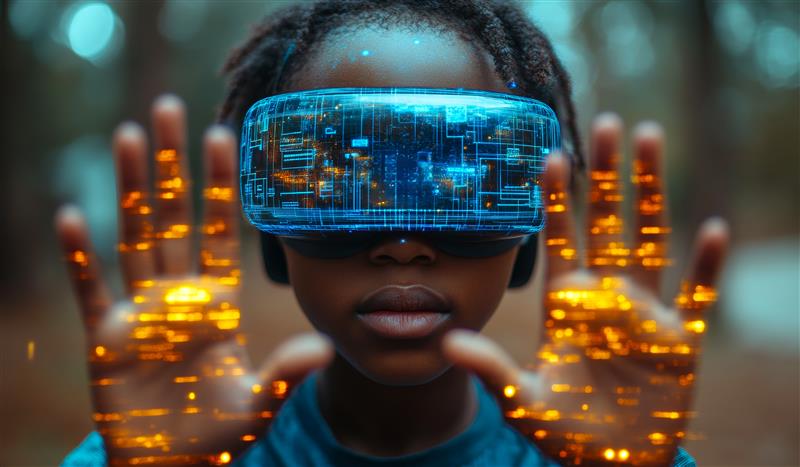
- Home
- About Us
- Sustainability
- Investors
- News
- People & Culture
-
Regions

The GSMA – together with Airtel, the African Population for Health Research Center (APHRC), Awarri, Axian Telecom, Cassava Technologies, Ethio Telecom, Masakhane African Languages Hub, Lelapa AI, MTN, Orange, Pawa AI, Qhala, the World Sandbox Alliance and Vodacom – today announced a continent-wide collaboration to strengthen Africa’s AI ecosystem by developing inclusive African AI language models. The initiative aims to crowd in resources and expertise to address gaps in data, compute, talent and policy, ensuring African languages, cultures and knowledge are fully represented in the global digital future.
Under the shared ambition “AI Language Models in Africa, By Africa, For Africa” the initiative seeks to close the region’s language gap in artificial intelligence, ensuring that Africa’s voices, cultures and knowledge are fully represented in the global digital future. The GSMA recognises existing efforts that have made great strides in addressing AI adoption in Africa, however, foundational challenges remain and is calling on ecosystem partners to join collectively to align efforts and further accelerate AI adoption in Africa.
Today, the world’s leading LLMs are built around a handful of global languages, limiting access and relevance for billions of people whose linguistic and cultural diversity remains underrepresented online. As cited in GSMA’s AI for Africa report series, in Africa alone, more than 2,000 languages are spoken, yet only a fraction are supported in digital systems or AI models. This lack of inclusion risks widening existing digital and economic divides.
By developing AI language models trained on African languages and local data, the initiative aims to empower businesses, governments, and communities to create AI applications and innovative use cases tailored to African realities – from customer service and education to healthcare, creative industries, and public service delivery.
This initiative follows a feasibility study led by the GSMA and its regional members which confirmed that African-led language models are both technically feasible and economically viable. However, the study stressed that success requires collective leadership, investment and collaboration – not fragmented efforts.
Building Africa’s Digital Future
The study identified four crucial opportunities to be addressed: data, compute, talent and policy. The continent-wide collaboration will foster co-creation and mobilise leading operators, governments, researchers, technology providers, investors, and development partners to mind these gaps and accelerate development.
To translate this ambition into action, the collaboration will establish dedicated working groups to drive measurable progress across data, compute, talent, and policy. Partners have committed to regularly showcasing outcomes and sharing learnings at upcoming GSMA events, ensuring accountability and sustained momentum toward Africa’s inclusive AI future.
Call to Action
By taking an integrated, problem-solving approach, the GSMA and its members are collaborating with Africa’s AI ecosystem to unlock opportunities across data, compute, talent, and markets. This collective effort will drive innovation and empower local industries, strengthening digital sovereignty and accelerating the scaling of AI across the continent today. Ecosystem partners – including startups, academia, creative industries, civil society, donors, and global technology players – are invited to join and contribute to this shared ambition.
Angela Wamola, Head of Africa, GSMA said: “Africa’s diversity of languages and cultures is one of our greatest strengths, yet it has too often been overlooked in the development of global AI systems. This initiative is about turning that challenge into an opportunity – building African-led AI capacity, empowering innovation across local industries, and ensuring Africa shapes the digital future on its own terms. By working together, we can make AI more inclusive, more relevant, and more reflective of the world we live in.”